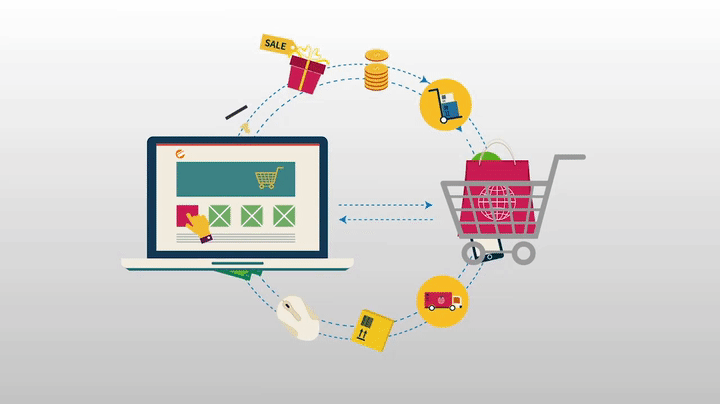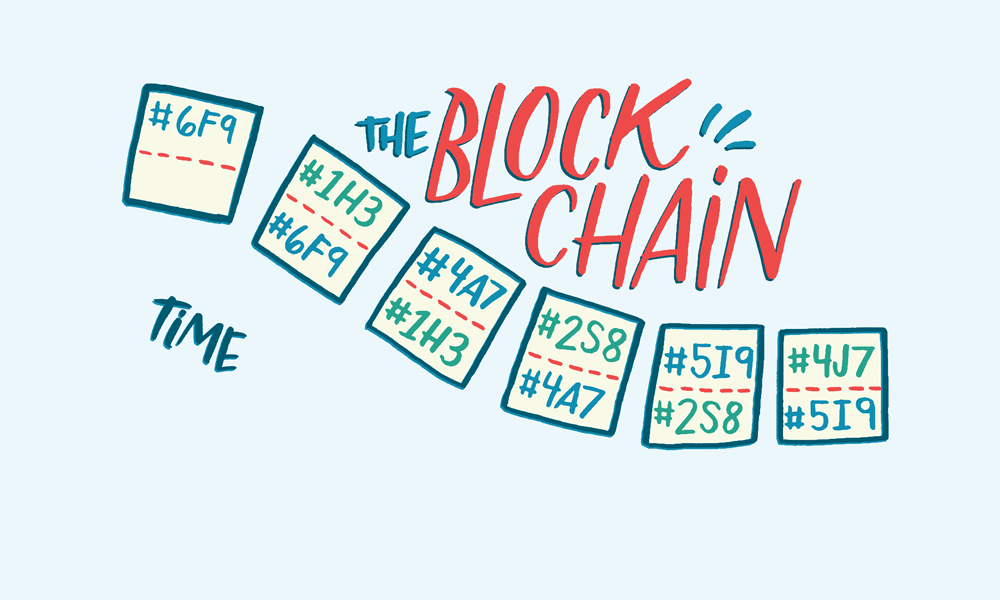Project Info
Client
One of the largest food supply chain (FSC) in Istanbul, Turkey
Service
Implementation of a blockchain framework for traceability & real-time visibility across the entire supply chain network
Technologies
Internet of Things (IoT), Radio Frequency Identification (RFID), Real-time processing & Cloud computing
Industry
Producer, processor, distributor, retailer, and consumer
Duration
8 Months
Team Size
20 members specialized in Blockchain technology, Logistics management, ERP systems, Sensors engineers & Data engineers
Challenge
Traditionally, supply chain processes have often been obscured by a lack of transparency, hindering effective decision-making. Blockchain addresses this challenge by creating an immutable and transparent ledger accessible to all participants. Every transaction, movement, or change in the supply chain is recorded in real-time, providing an up-to-the-moment snapshot of the entire process.
Solution
This real-time visibility extends across the entire supply chain network, from manufacturers and suppliers to distributors and retailers. Each participant can access a synchronized and unalterable record, ensuring that all involved parties share a common truth about the status and location of goods.
Impact
The advantages of real-time visibility in supply chain management are manifold. It enhances responsiveness, allowing quick identification and resolution of issues, reducing delays and potential disruptions. Stakeholders can make informed decisions based on the latest, accurate information, optimizing efficiency and minimizing the risk of errors.
Goal
27 Meetings
conducted for discovery between the client and innovaTech team.
+810 Hours
spent by our business analysts for calls and documentation.
14 Weeks
actual duration of the discovery stage.
Core Features of Blockchain in Food Supply Chain Management (FSCM)
Immutable Ledger:Traceability:

Real-Time Visibility:

Supplier and Vendor Management:

Collaborative Ecosystem:

Data Security:









